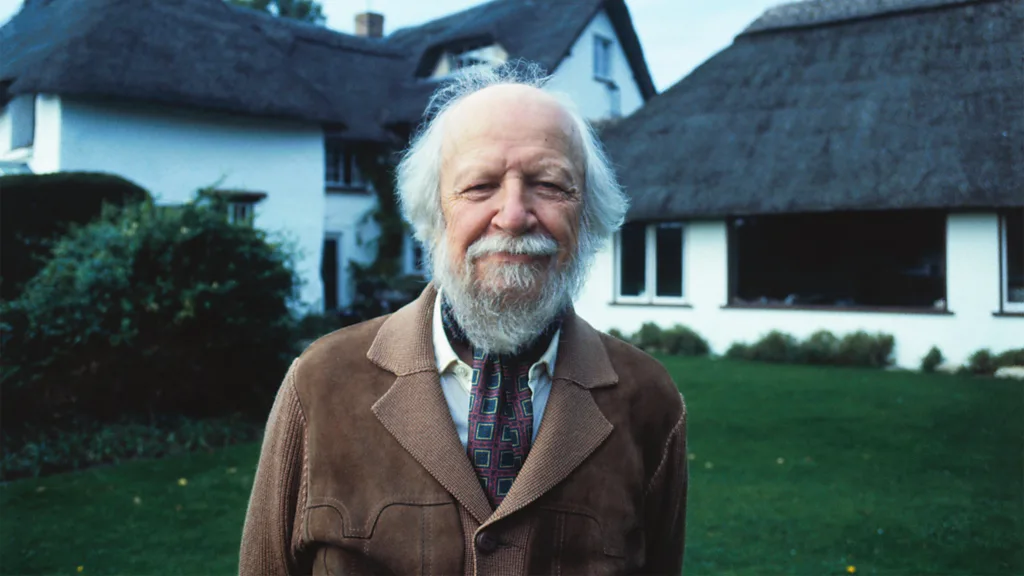From Rejection to Renown: The Rescue of “Lord of the Flies”
3 min read
William Golding: The Man Who Wrote Lord of the Flies

William Golding: The Man Who Wrote Lord of the Flies
William Golding’s novel Lord of the Flies first graced the literary world on September 17, 1954, and has since become a cornerstone of classic literature. This article explores the fascinating journey of how Golding’s story of English schoolboys and their descent into savagery narrowly avoided the scrap heap.
The adage “write what you know” is often heralded as sage advice for authors, and Lord of the Flies exemplifies how such wisdom can yield profound results. William Golding, a teacher with firsthand experience of the brutality of World War Two, channeled his insights into his debut novel. This seemingly straightforward tale of shipwrecked boys reverting to primal behavior on a deserted island offered a stark counterpoint to RM Ballantyne’s 1857 adventure story, The Coral Island, which depicted a group of shipwrecked British schoolboys who create a civilized paradise. Golding’s work, in contrast, emerged as a grim commentary on the potential for savagery lurking within all humans.
At nearly 43 years old when Lord of the Flies was published, Golding had crafted his manuscript during school hours, even enlisting his students to tally the number of words per page. Despite his efforts, the novel faced rejection from nine publishers. Undeterred, Golding submitted his manuscript to Faber and Faber, one of London’s prestigious publishing houses. Initially, the prospects were bleak.
Charles Monteith, a junior editor at Faber and Faber, discovered Golding’s manuscript among a pile of neglected submissions. In a 1984 BBC interview, Monteith described the manuscript as “tired” and “weather-beaten,” marked by stains and bound in a drab cardboard cover. One of the professional readers at Faber and Faber had already deemed it an “absurd and uninteresting fantasy,” dismissing it as “rubbish and dull.”

Fortunately for Golding, Monteith was captivated by the novel after giving it a thorough read. Despite initial reservations, Monteith recognized the novel’s potential and advocated for its publication. However, significant revisions were required, including a change of title from Strangers from Within. According to Golding biographer Professor John Carey, the original manuscript was more of a religious narrative, and Monteith’s revisions transformed it into the secular classic known today.
Golding’s harrowing experiences during World War Two had instilled in him a profound understanding of human capacity for evil, and Lord of the Flies reflected his disillusionment with the idealism of his earlier political beliefs. The novel served as a warning that the horrors of Nazism could manifest in any society. In a 1980 interview, Golding reflected on how the war reshaped his perception of human nature, acknowledging that under certain circumstances, anyone could succumb to evil.
While Lord of the Flies initially received critical acclaim, it was the 1959 US paperback edition that propelled Golding to international fame and financial success, enabling him to leave his teaching career behind and pursue writing full-time. Golding attributed his breakthrough to a realization he had at age 37: the need to write his own unique stories rather than imitating others.
One notable admirer of Lord of the Flies was Stephen King, who borrowed the book from a mobile library as a young reader. King was deeply impacted by the novel’s portrayal of boys behaving authentically, which influenced his own writing. Lord of the Flies has since become a cultural touchstone, inspiring adaptations and references across various media, including two film adaptations and a current BBC television adaptation.
Golding’s literary legacy extends beyond Lord of the Flies. His diverse body of work includes novels about Neanderthals, maritime adventures, and medieval architecture. In 1983, he was awarded the Nobel Prize for Literature in recognition of his ability to illuminate the human condition through his storytelling.
Golding himself summed up his approach to writing with a sentiment that may seem clichéd but remains profoundly true: “I am at bottom and at top, too, a storyteller through and through. What matters to me is that there shall be a story with a beginning, a middle and an end.